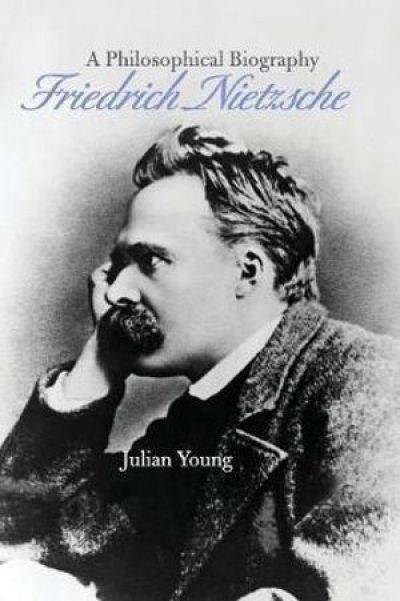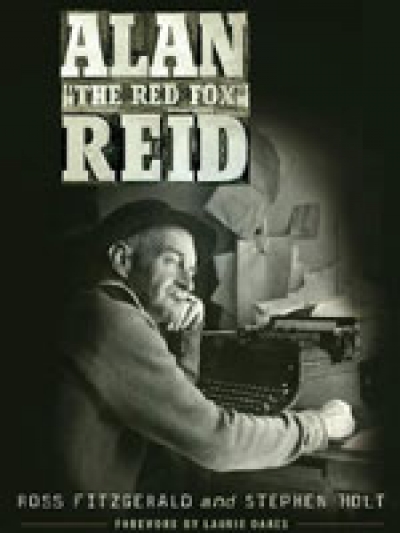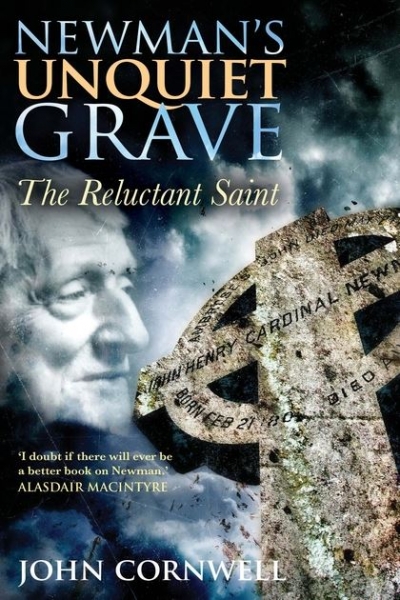Biography
Friedrich Nietzsche: A Philosophical Biography by Julian Young
by Jack Reynolds •
To write about a biographer is to be aware of a presence, psychologically if not spectrally, sitting on your shoulder. This presence is not an angel, more like an imp, the minor demon that arouses bad deeds, or thoughts. In writing about a biographer we can feel not angelic inspiration, but the imp of doubt, saying: This is not good enough, I could do better.
... (read more)Australia’s feisty first female High Court judge
John Bryson
From Moree to Mabo: The Mary Gaudron Story
by Pamela Burton
UWA Publishing, $49.95 pb, 511 pp, 9781742580982
H.V. Evatt, on the hustings during an election campaign, was asked by an eig ...
Claude Lévi-Strauss: The Poet in the Laboratory by Patrick Wilcken
by Grant Evans •
The Other Dickens: A Life of Catherine Hogarth by Lillian Nayder
by Grace Moore •
Alan ‘The Red Fox’ Reid: Pressman Par Excellence by Ross Fitzgerald and Stephen Holt
by Tom D.C. Roberts •
One Man Show: The Stages of Barry Humphries by Anne Pender
by Ian Britain •








